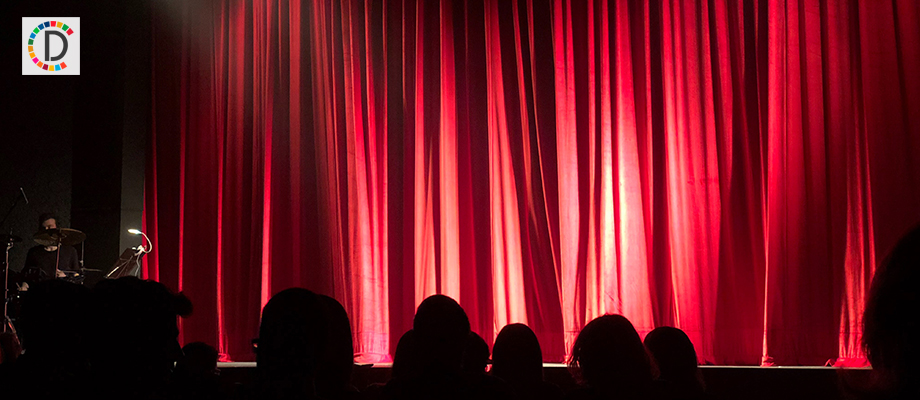Controversy Arises Over Media Freedom and Public Broadcasting in Germany
The German conservative party proposes suspending funding to public broadcasters following the cutoff of right-wing journalist Julia Ruhs' airtime. This has sparked debates on media freedom, echoing other Western nations' struggles. Public broadcasting is seen as crucial for democracy but faces criticism for its handling of contentious topics.

- Country:
- Germany
The proposal to freeze funding for Germany's public broadcasters has ignited heated discussions about media freedom, fueled by the controversy surrounding Julia Ruhs, a right-wing journalist. Ruhs, known for moderating a show on sensitive topics like immigration, has seen her airtime reduced, leading to backlash from conservative circles.
Carsten Linnemann, general secretary of the Christian Democrats, labeled this as a decline in Germany's debate culture, urging public broadcasting to adhere to its cultural, educational, and informational mandate. The move comes amid global pressure on media entities, with parallels drawn to the U.S. where regulators have intervened in the Kimmel incident.
Despite criticism, defenders of Germany's public broadcasting model argue its importance for democratic safeguards. The case of Ruhs, whose show on migration faced allegations of pushing anti-migration narratives, exemplifies the ongoing tension around media representation of contentious social issues.
(With inputs from agencies.)
ALSO READ
Operation Crackdown: Chicago's Immigration Tensions Heat Up
Chicago Immigration Arrests Stir Controversy
Chicago Braces for Increased Immigration Enforcement Amidst Controversy
Trump calls slain Indian-origin motel manager ‘well-respected’, flags immigration issue
U.S. Diplomat Aims to Mend Ties After Immigration Raid










